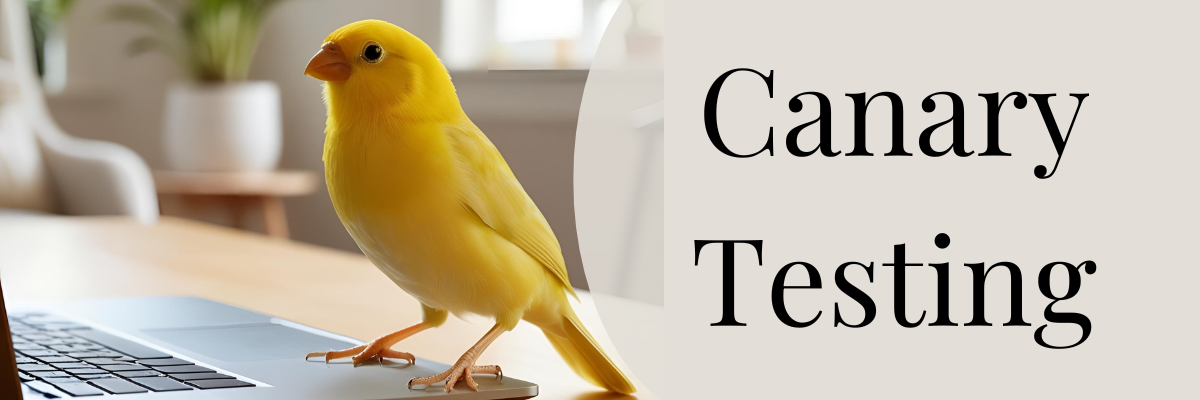In the evolving world of project management, professionals are constantly seeking innovative tools to enhance efficiency and achieve successful project outcomes. One such transformative technology that has gained prominence is Artificial Intelligence (AI). This blog explores the various ways AI can be a valuable asset for project managers, unlocking new possibilities and streamlining project workflows. (see this paragraph in video format courtesy of AI)
How Project Managers Can Use AI
- Automated Task Management: AI can significantly reduce the burden of routine tasks for project managers. From scheduling and resource allocation to progress tracking, AI-powered tools can automate these processes, allowing project managers to focus on strategic decision-making and problem-solving.
- Predictive Analytics: Leveraging predictive analytics, AI can analyze historical project data to foresee potential risks and trends. Project managers can make informed decisions based on these insights, enabling proactive risk mitigation and resource optimization.
- Enhanced Decision Support: AI provides project managers with real-time data analysis and decision support systems. This empowers them to make well-informed decisions quickly, aligning project strategies with dynamic business requirements.
- Resource Optimization: Through AI algorithms, project managers can optimize resource allocation based on project requirements and team capabilities. This ensures that the right resources are allocated at the right time, preventing bottlenecks and enhancing overall productivity.
- Improved Communication and Collaboration: AI-powered communication tools facilitate seamless collaboration among team members. From chatbots for quick issue resolution to virtual assistants for scheduling meetings, AI enhances communication and fosters a collaborative project environment.
- Risk Management: AI helps project managers identify potential risks by analyzing project data and external factors. With early detection, project managers can implement proactive risk mitigation strategies, ensuring a smoother project progression.
- Time and Cost Estimation: AI algorithms can analyze historical data to provide accurate time and cost estimations for projects. This enables project managers to set realistic expectations, allocate resources effectively, and prevent overruns.
- Quality Assurance: AI-driven quality assurance tools can continuously monitor project processes and deliverables. This ensures that projects adhere to quality standards, reducing the likelihood of defects and rework.
- Personalized Learning and Development: AI can create personalized learning paths for project team members based on their strengths and weaknesses. This not only enhances individual skills but also contributes to the overall improvement of the project team.
- Continuous Improvement: By analyzing project performance data, AI facilitates a continuous improvement cycle. Project managers can identify areas for enhancement, implement changes, and measure the impact on future projects, fostering a culture of ongoing improvement.
AI Tools for Project Managers
Project managers can leverage a variety of AI tools to enhance their efficiency and effectiveness in managing projects. Here are some essential AI tools that can be valuable for project managers:
- Task Automation Tools:
- Trello: Integrates AI for task automation, progress tracking, and resource allocation.
- Asana: Utilizes AI to automate repetitive tasks and streamline project workflows.
- Microsoft Project: AI-powered scheduling and resource management.
- Predictive Analytics Tools:
- RapidMiner: Enables predictive analytics for forecasting project trends and risks.
- IBM Watson Analytics: Leverages AI for data analysis and predictive modeling.
- Microsoft Project: Predictive analytics for forecasting project trends and risks.
- Decision Support Systems:
- Microsoft Power BI: Provides real-time data visualization and analytics for informed decision-making.
- Tableau: Employs AI for data analysis, aiding project managers in making strategic decisions.
- Microsoft Project: Real-time data visualization and analytics.
- Resource Optimization Tools:
- Sciforma: Utilizes AI algorithms for resource optimization and allocation.
- LiquidPlanner: Incorporates AI to optimize project schedules and resource utilization.
- Microsoft Project: AI algorithms for resource optimization and allocation.
- Communication and Collaboration Tools:
- Slack: Integrates AI-powered chatbots for quick issue resolution.
- Microsoft Teams: Leverages AI for enhanced collaboration and communication features.
- Atlassian Tools (Jira and Confluence): Jira Automation for task automation, Advanced Roadmaps for AI-driven insights.
- Risk Management Tools:
- RiskWatch: Utilizes AI for risk identification, assessment, and mitigation.
- ARM Insight: Employs AI to analyze data for proactive risk management.
- Microsoft Project: AI for risk identification, assessment, and mitigation.
- Time and Cost Estimation Tools:
- EstimateOne: Uses AI algorithms for accurate project cost estimation.
- Procore: Integrates AI for project budgeting and financial forecasting.
- Microsoft Project: AI for project budgeting and financial forecasting.
- Quality Assurance Tools:
- TestRail: Employs AI-driven test management for quality assurance.
- QTest: Utilizes AI for continuous monitoring of project deliverables.
- Atlassian Tools (Jira): Automation rules for streamlining workflows.
- Personalized Learning Tools:
- Coursera: Integrates AI for personalized learning paths for project team members.
- LinkedIn Learning: Utilizes AI to recommend courses based on individual strengths and weaknesses.
- Atlassian Tools (Jira and Confluence): Confluence Smart Links for content previews.
- Continuous Improvement Tools:
- Jira: Incorporates AI for analyzing project performance data and improving workflows.
- LeanKit: Leverages AI for continuous improvement through data-driven insights.
- Microsoft Project: AI for analyzing project performance data and improving workflows.
- AI-Powered Reading Assistance:
- Read.ai: Enhances reading comprehension and speed using AI.
- Transcription and Voice-to-Text:
- Otter.ai: AI-powered transcription and note-taking.
ChatGPT – A Must Have!
We would be remiss not to mention ChatGPT of course. In the world of project management, where efficiency is paramount, ChatGPT stands out as a revolutionary and mostly widely used AI tool. ChatGPT offers project managers a versatile and powerful ally in various aspects of their roles. Whether it’s crafting compelling presentations, synthesizing extensive notes, or seamlessly assembling comprehensive agendas, ChatGPT proves to be an invaluable asset, transforming the way project managers approach their tasks. Its natural language processing capabilities enable seamless interaction, empowering project managers to communicate with the AI tool for a range of functions, from generating ideas to problem-solving, making it an indispensable tool in the project management toolkit.
Conclusion about AI for Project Managers
Incorporating AI into project management practices is not just a technological trend but a strategic move towards achieving project success. From automating mundane tasks to providing advanced analytics, AI empowers project managers to navigate the complexities of modern projects with confidence. As organizations embrace AI technologies, project managers who harness the power of AI will undoubtedly lead their teams toward greater efficiency, innovation, and success.





